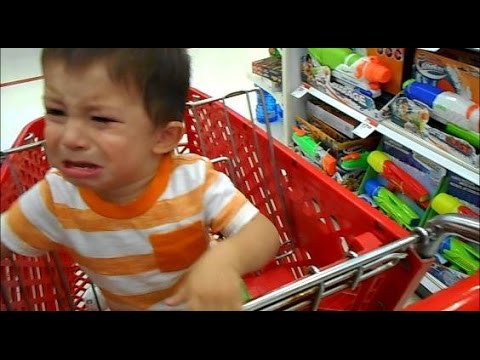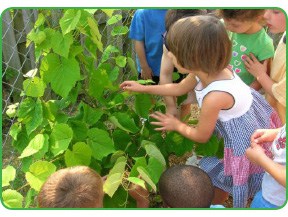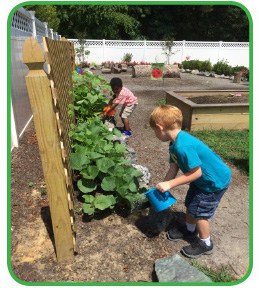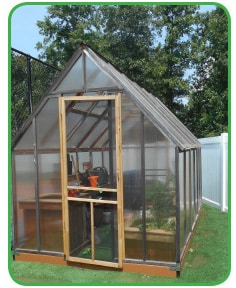Another tantrum in the store?
Ah…the beloved moment when your child begins to act as a human windshield wiper against the grocery store floor. It’s a humbling experience for all to go through a public temper tantrum. We’ve gathered some tips and thoughts on how to turn the embarrassment level from a 10 to a 5. Let us know what you think.
- Before going anywhere, try to stock your bag with snacks and drinks. Sometimes all it takes for a meltdown is a want for food. Sure, your food may not be the object of desire as you stroll by the chocolate chunk cereal….but it may appease the anger for a little longer.
2. Be an example of how to act: You want to pull your hair out. We get it. Completely. But your toddler doesn’t need to know this. This fact may only make your little one more upset. Stay calm and take deep breaths. Rushing out of the store won’t make your child any more calm. In fact, it may cause more agitation. Once out of the center of attention, keep your wits. Don’t attempt ending the ordeal quickly. Rushing the process is a recipe for disaster. Sit down with your little one and let them know you understand how they’re feeling. Pat them on the back or sit them in your lap. Let the little one know it’s okay to have bad feelings but that it’s time to calm down.
- “What can I do for you?”: Asking a question like this lets your little one know you are on their side. It does not mean you will give them what they want, but opens up a dialogue to explain the situation. Maybe they can’t have that lollipop because it has too much sugar…but they can have an oatmeal bar! No matter what – don’t give in to the reason of the temper tantrum no matter what. It will only make your child realize that all they have to do is throw a fit to get anything they want. Stick to your ground and keep calm. You’ll get through it…we promise!
Minnieland Academy provides early childhood education and care for infants through school-age children.
Founded in 1972 by Chuck and Jackie Leopold, Minnieland Academy has provided Virginia families with the best early childhood education and care for over 40 years. We have over 60 schools that serve infants through school age children, helping them develop in a loving environment. We believe that learning is fun, and our Kid Steps curriculum provides age appropriate education at every level of their growth.
Come tour one of our schools and become part of the Minnieland Academy Family! https://www.minnieland.com



 Minnieland Academy is committed to supporting health and nutrition by planning physical activities both indoors and outdoors, serving nutritious foods and implementing gardening and cooking experiences. Studies indicate that children who grow their own food are likely to eat more fruits and vegetables.
Minnieland Academy is committed to supporting health and nutrition by planning physical activities both indoors and outdoors, serving nutritious foods and implementing gardening and cooking experiences. Studies indicate that children who grow their own food are likely to eat more fruits and vegetables. In the spring we prepare our gardens for planting and by mid-summer they are brimming with bounty for our children to harvest and enjoy. These range greatly in diversity with some schools opting to plant in garden boxes while others cultivate garden plots or collect recyclable materials to try their hand at container gardening.
In the spring we prepare our gardens for planting and by mid-summer they are brimming with bounty for our children to harvest and enjoy. These range greatly in diversity with some schools opting to plant in garden boxes while others cultivate garden plots or collect recyclable materials to try their hand at container gardening. Throughout our Minnieland programs you will see a variety of gardening such as herbs growing in window sills, flower beds planted to attract butterflies, and salsa or pizza-themed produce growing in vegetable patches. Sunflowers are also a favorite in many of our gardens.
Throughout our Minnieland programs you will see a variety of gardening such as herbs growing in window sills, flower beds planted to attract butterflies, and salsa or pizza-themed produce growing in vegetable patches. Sunflowers are also a favorite in many of our gardens.


